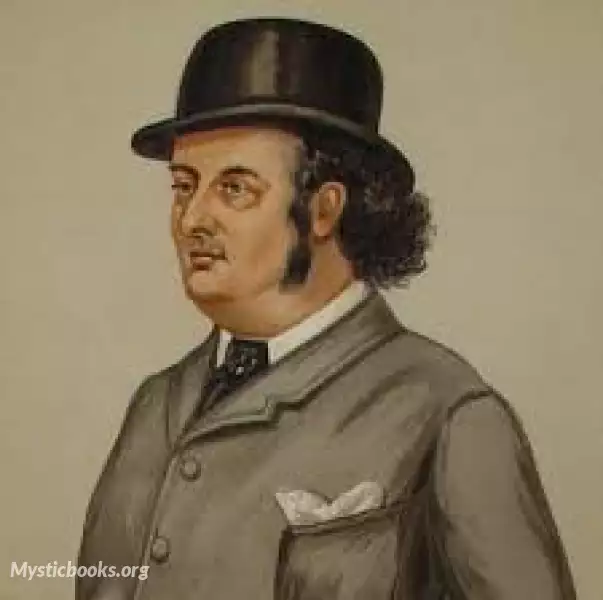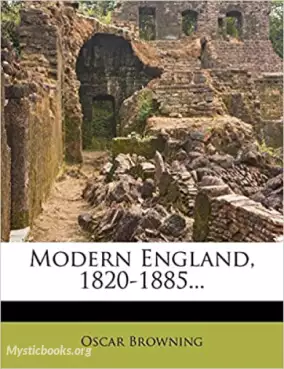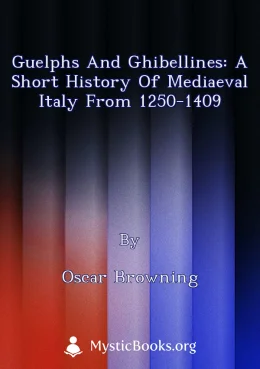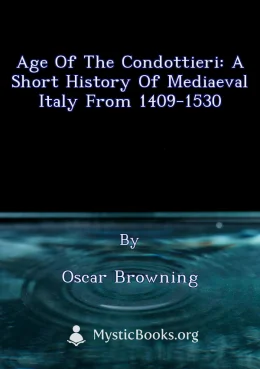
Timeline
Title
Country/Nationality
Oscar Browning
Oscar Browning was a British educationalist, historian and bon viveur, a well-known Cambridge personality during the late Victorian and Edwardian eras. An innovator in the early development of professional training for teachers, he served as principal of the Cambridge University Day Training College (CUDTC) from 1891 to 1909. He was also a prolific author of popular histories and other books.
Oscar Browning was born on 17 January 1837, at No. 8 Cumberland Terrace, Regent's Park, London. His parents were William Shipton Browning, a prosperous distiller, and Mariana Margaret, née Bridge, the daughter of a sea captain. He was the fourth child, and two more daughters followed. Oscar was born prematurely, the survivor of twins the elder of who died stillborn; Oscar escaped the same fate only through the diligence and determination of a nurse.
Browning's stipend and pension, totalling about £700 a year (roughly £75,000 in 2017 terms), enabled him to enjoy a comfortable lifestyle in retirement. He visited the Middle East, and also Russia where he lectured on the "Ideals of Education" to the St Petersburg Guild of English Teachers. Each year he took extended holidays in Italy. When not travelling he was busy writing: his memoirs, Memories of Sixty Years at Eton, Cambridge, and Elsewhere appeared in 1910, and a History of the Modern World, 1815–1910 was published the following year. He also wrote poetry, including (in Latin) an "Ode to the Penis" which, he informed his friend Lord Latymer was "superficially rather smutty, but intrinsically very religious and spiritual".
The First World War began in August 1914, while Browning was in Italy. His offer to return to England as a stand-in teacher for those called to military service was ignored, and he decided to remain in Rome. Here he enjoyed an agreeable life in the English colony, listening to music, serving on various committees and acting as President of the British Academy of Arts. He continued writing, publishing A General History of the World in 1915, and A Short History of Italy two years later.
After the end of the war, Browning wrote to Curzon, who in 1919 was serving as Britain's Foreign Secretary, asking if Curzon could secure him a knighthood – he thought he deserved it for his services to British-Italian relations. Curzon could not deliver this; four years later, in the final months of his life, Browning was appointed to a lower honour, an OBE.
Shortly before his death, Browning completed a second volume of memoirs, Memories of Later Years (1923). He died in Rome on 6 October 1923 after a short illness. His ashes were returned to Cambridge and placed in a vault within King's College chapel.
Books by Oscar Browning

Modern England 1820-1885
This short survey opens with the accession of that portly spendthrift, King George IV. With British support, Greece becomes independent. The Irish, under O'Connell, carry agitation to the point of rebellion, forcing Parliament to pass the Catholic Em...

Guelphs and Ghibellines: A Short History of Mediaeval Italy from 1250-1409
This book, "Guelphs and Ghibellines: A Short History of Medieval Italy from 1250-1409," by Oscar Browning, explores the tumultuous period in Italian history marked by conflict between the Guelph and Ghibelline factions. It delves into the power strug...

Age of the Condottieri: A Short History of Mediaeval Italy from 1409-1530
'Age of the Condottieri' delves into the tumultuous period of 1409-1530 in Italy, a time marked by both the burgeoning Renaissance and the rise of powerful mercenary captains known as Condottieri. The book explores the complex interplay between these...